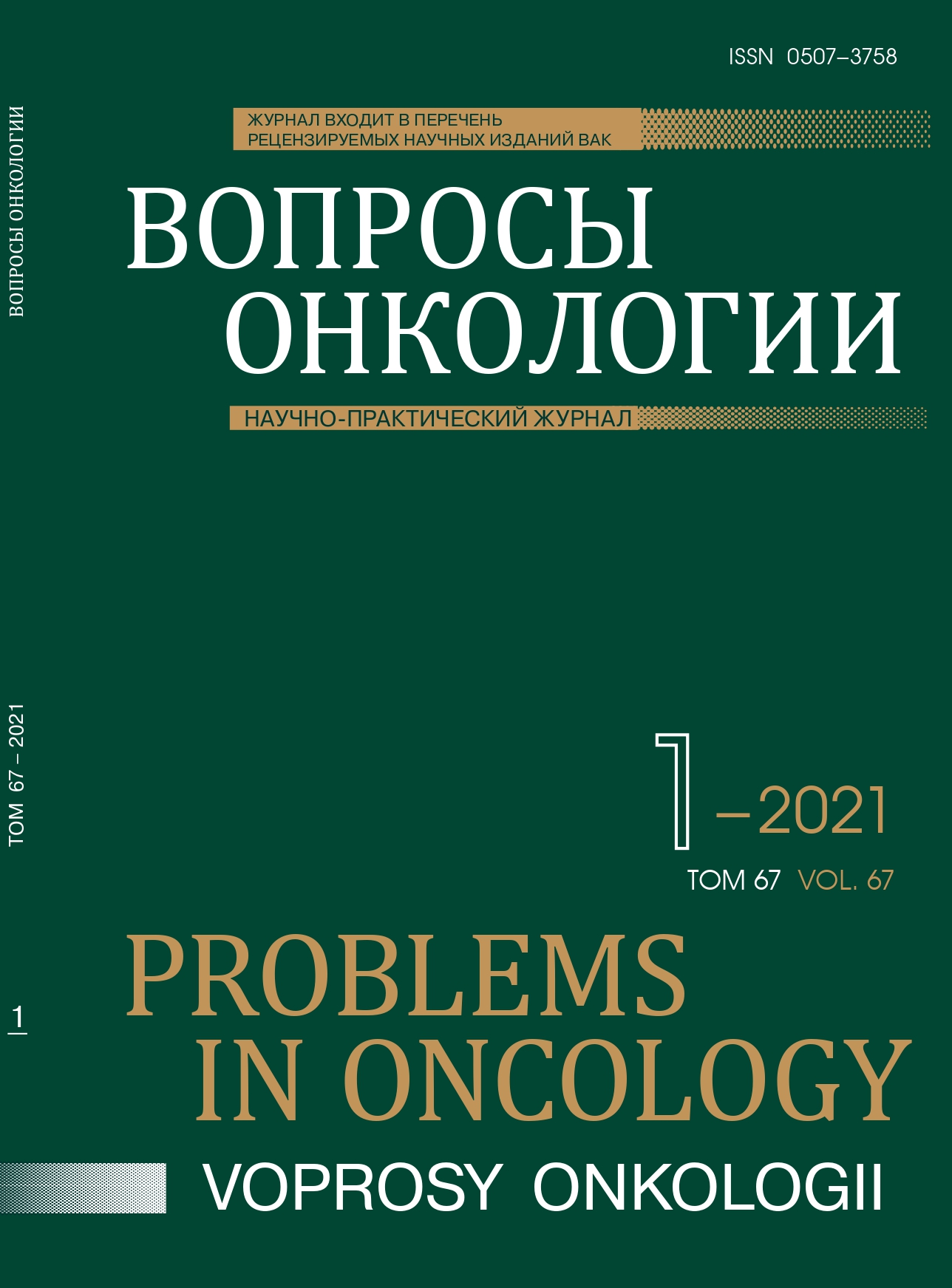Abstract
The search for the new hereditary mutations and a precise molecular genetic diagnosis that determines the causative mutation in each specific case of hereditary breast cancer (BC) is a clinically important task since it helps to define the personal therapeutic approach and increase the effectiveness of preventive measures. Using whole-exome sequencing (WES) we analyzed the full spectrum of hereditary variations in 49 Russian patients with clinical signs of a hereditary disease which allowed us to compile a list of 229 candidate probably pathogenic germ-line variants. Then, the selected candidate mutations were validated by Sanger sequencing and molecular-epidemiological studies, the predisposing roles of three oncologically relevant mutations (USP39 c.*208G>C, SLIT3 p.Arg154Cys, and CREB3 p.Lys157Glu) were confirmed. Our candidate genes are first mentioned in connection with the hereditary risk of BC. The final proofs of the causative roles of these variants could be obtained through functional tests as well as via the analysis of the mutations segregation in BC families.
References
Afghahi A., Kurian W.A. the changing landscape of genetic testing for inherited breast cancer predisposition. Current treatment options in oncology. 2017; 18: 27. doi: 10.1007/s11864-017-0468-y.
Apostolou P., Fostira F. Hereditary breast cancer: the era of new susceptibility genes. BioMed Research International. 2013: 1-11. doi: 10.1155/2013/747318.
Balmana J., Digiovanni L., Gaddam P. et al. Conflicting interpretation of genetic variants and Cancer risk by commercial laboratories as assessed by the prospective registry of multiplex testing. Journal of Clinical Oncology. 2016; 34:4071-4078. doi: 10.1200/JCO.2016.68.4316.
Couch F.J., Shimelis H., Hu C. et al. Associations between cancer predisposition testing panel genes and breast cancer. JAMA Oncology. 2017; 3(9):1190–1196. doi: 10.1001/jamaoncol.2017.0424.
Federici G., Soddu S. Variants of uncertain significance in the era of high-throughput genome sequencing: a lesson from breast and ovary cancers. Journal of Experimental & Clinical Cancer Research. 2020; 39. doi: 10.1186/s13046-020-01554-6.
Goldgar D.E., Easton D.F., Deffenbaugh A.M. et al. Integrated evaluation of DNA sequence variants of unknown clinical significance: application to BRCA1 and BRCA2. The American Journal of Human Genetics. 2004; 75(4): 535-544. doi: 10.1086/424388.
Graffeo R., Livraghi L., Pagani O. et al. Time to incorporate germline multigene panel testing into breast and ovarian cancer patient care. Breast Cancer Res treat. 2016; 160:393-410. doi: 10.1007/s10549-016-4003-9.
Hahnen E., Hauke J., Engel C. et al. Germline Mutations in Triple-Negative Breast Cancer. Breast Care. 2017; 12(1):15-19. doi: 10.1159/000455999.
Hauke J., Horvath J., Groß E. et al. Gene panel testing of 5589 BRCA1/2-negative index patients with breast cancer in a routine diagnostic setting: results of the German Consortium for Hereditary Breast and ovarian Cancer. Cancer Med. 2018;7(4):1349-1358. doi: 10.1002/cam4.1376.
Howley B.V., Link L.A., Grelet S. et al. A CREB3-regulated ER-Golgi trafficking signature promotes metastatic progression in breast cancer. Oncogene. 2018; 37(10):1308-1325. doi: 10.1038/s41388-017-0023-0.
Joseph L., Cankovic M., Caughron S. et al. The Spectrum of clinical Utilities in Molecular Pathology Testing Procedures for inherited conditions and Cancer: a report of the Association for Molecular Pathology. The Journal of Molecular Diagnostics. 2016; 18(5):605–619. doi: 10.1016/j.jmoldx.2016.05.007.
Kast K., Rhiem K., Wappenschmidt B. et al. Prevalence of BRCA1/2 germline mutations in 21 401 families with breast and ovarian cancer. J. Med. Genet. 2016; 53: 465-471. doi: 10.1136/jmedgenet-2015-103672.
Lu H.M., Li s., Black M.H., Lee s. et al. Association of Breast and ovarian Cancers With Predisposition Genes Identified by Large-scale sequencing. JAMA oncol. – 2018. doi: 10.1001/jamaoncol.2018.2956.
Marlow R., Strickland P., Lee J.S. et al. SLITs suppress tumor growth in vivo by silencing Sdf1/Cxcr4 within breast epithelium. Cancer Research. 2008; 68(19):7819-7827. doi: 10.1158/0008-5472.CAN-08-1357.
Nelson H.D., Pappas M., Zakher B. et al. Risk assessment, genetic counseling, and genetic testing for BRCA- related cancer in women: a systematic review to update the U.S. Preventive services task Force recommendation. Ann Intern. Med. 2014; 160: 255–266. doi: 10.7326/M13-1684.
Ng L., Chow A.K.M., Man J.H.W. et al. Suppression of Slit3 induces tumor proliferation and chemoresistance in hepatocellular carcinoma through activation of GSK3β/β-catenin pathway. BMC Cancer. 2018; 18(1): 621. doi: 10.1186/s12885-018-4326-5.
Oldfield CJ, Dunker AK. Intrinsically disordered proteins and intrinsically disordered protein regions. Annu Rev Biochem. 2014; 83: 553-584. doi: 10.2174/092986610791498984.
Plon S.E., Eccles D.M., Easton D. et al. Sequence variant classification and reporting: recommendations for improving the interpretation of cancer susceptibility genetic test results. Human Mutation. 2008; 29(11):1282–1291. doi: 10.1002/humu.20880.
Pohl-Rescigno E., Hauke J., Loibl S. et al. Association of Germline Variant Status with Therapy Response in High-risk Early-Stage Breast Cancer: A Secondary Analysis of the GeparOcto Randomized Clinical Trial. JAMA Oncology. 2020; 6(5):1-5. doi: 10.1001/jamaoncol.2020.0007.
Talhouet S., Peron J., Vuilleumier A. et al. Clinical outcome of breast cancer in carriers of BRCA1 and BRCA2 mutations according to molecular subtypes. Scientific Reports. 2020;10(1). doi: 10.1038/s41598-020-63759-1.
Wang H., Ji X., Liu X. et al. Lentivirus-mediated inhibition of USP39 suppresses the growth of breast cancer cells in vitro. Oncology Reports. 2013; 30(6):2871-2877. doi: 10.3892/or.2013.2798.
Wang Y.A., Jian J.W., Hung C.F. et al. Germline breast cancer susceptibility gene mutations and breast cancer outcomes. BMC Cancer. 2018; 18(1). doi: 10.1186/s12885-018-4229-5.
Xing Z., Sun F., He W. et al. Downregulation of ubiquitin-specific peptidase 39 suppresses the proliferation and induces the apoptosis of human colorectal cancer cells. Oncology Letters. 2018; 15(4): 5443-5450. doi: 10.3892/ol.2018.8061.
Xu Y., Zhu M.R., Zhang J.Y. et al. Knockdown of ubiquitin specific peptidase 39 inhibits the malignant progression of human renal cell carcinoma. Molecular Medicine Reports. 2018; 17(3): 4729-4735. doi: 10.3892/mmr.2018.8421.
Yuan X., Sun X., Shi X. et al. USP39 promotes the growth of human hepatocellular carcinoma in vitro and in vivo. Oncology Reports. 2015; 34(2):823-832. doi: 10.3892/or.2015.4065.
Zhang C., Guo H., Li B. et al. Effects of Slit3 silencing on the invasive ability of lung carcinoma A549 cells. Oncology Reports. 2015; 34(2):952-960. doi: 10.3892/or.2015.4031.
Zhao F., Wang N., Yi Y. et al. Knockdown of CREB3/Luman by shRNA in Mouse Granulosa Cells Results in Decreased Estradiol and Progesterone Synthesis and Promotes Cell Proliferation. PLoS ONE. 2016; 11(12). doi: 10.1371/journal.pone.0168246.
Суспицын Е.Н., Тюрин В.И., Имянитов Е.Н., Соколенко А.П. Полноэкзомное секвенирование: принципы и диагностические возможности. Педиатр. 2016; 7(4): 142-146.

This work is licensed under a Creative Commons Attribution-NonCommercial-NoDerivatives 4.0 International License.
© АННМО «Вопросы онкологии», Copyright (c) 2021
